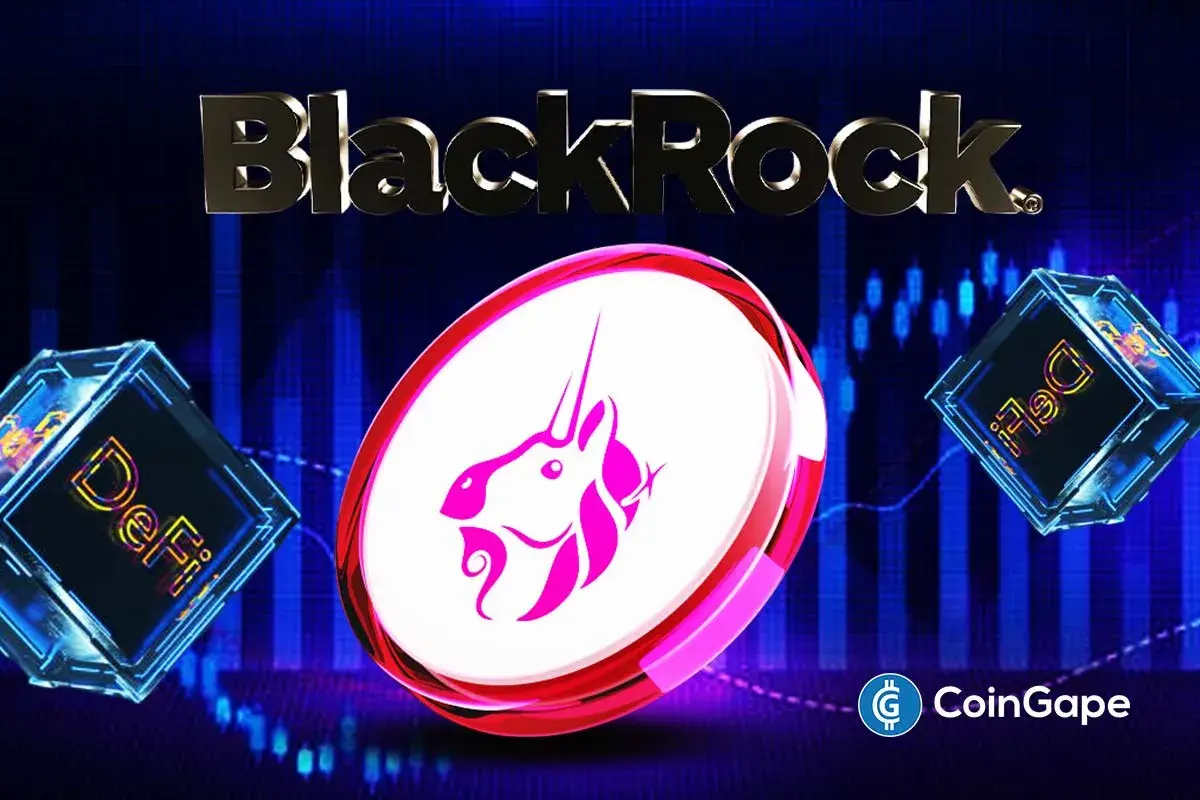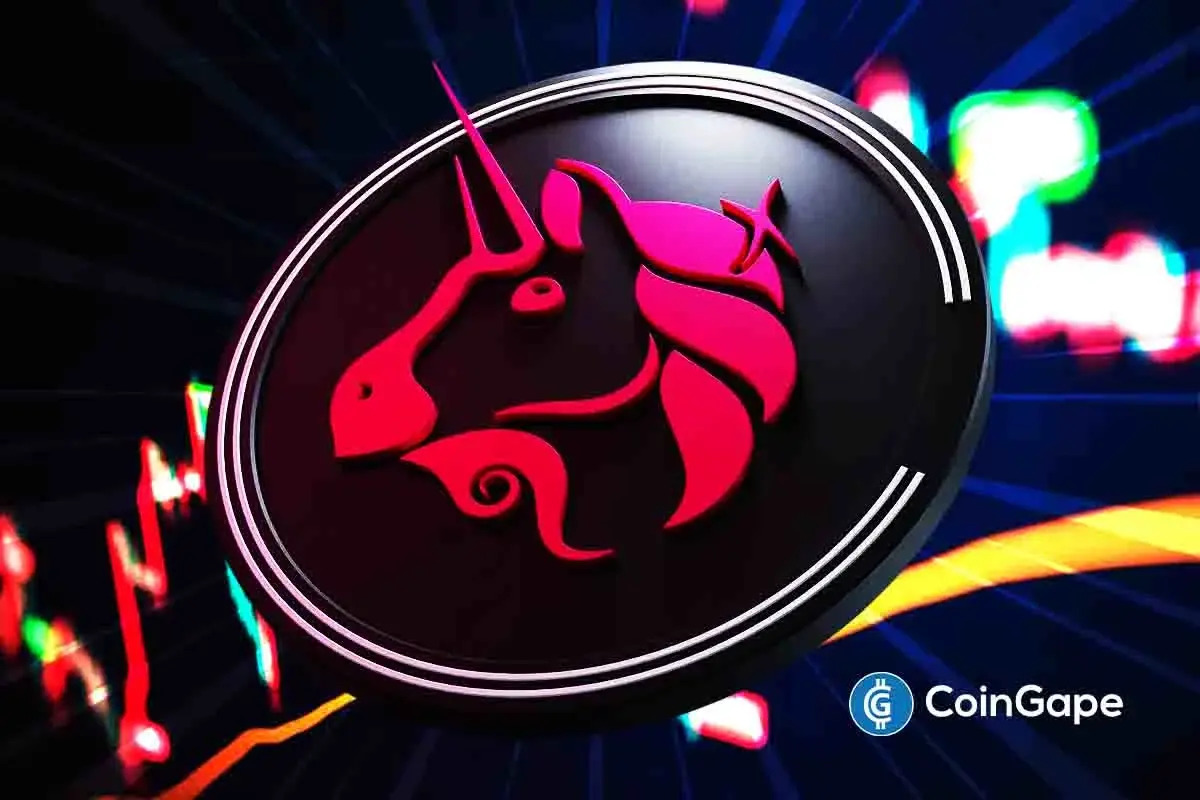Uniswap Price Dips 7% As UNI Fees Proposal Rejected With 30M Votes

Highlights
- Uniswap price drops 7% following rejection of UNI fees proposal by community vote.
- The proposal aimed to alter the fee mechanism but faced opposition, reflecting diverging opinions.
- Rejection underscores the complexities of decentralized governance and the need for community consensus.
The Uniswap (UNI) crypto caught the eyes of investors on March 9, with a slump in its price, despite a positive momentum in the broader market. Meanwhile, the 7% dip in Uniswap price follows the rejection of a crucial proposal regarding fees. Notably, with 30 million UNI votes opposing the proposal, the decision highlights diverging opinions within the Uniswap community regarding governance and future protocol changes.
Uniswap Community Rejects UNI Fees Proposal
The Uniswap community initiated a voting proposal on March 3, 2024, aiming to amend the Uniswap V3 Factory owner’s role in setting fees. Notably, the proposed amendment sought to empower the DAO to modify the fee mechanism, allowing for greater flexibility and adaptability in response to evolving market conditions.
However, despite the potential benefits outlined in the proposal, the community demonstrated a clear preference for maintaining the current fee structure. With 30.06 million UNI votes cast against the amendment, representing approximately 60% of the total votes, the rejection underscores the community’s cautious approach toward protocol changes.
In addition, the rejection of the UNI V3 Fees proposal highlights the complex dynamics of decentralized governance within the Uniswap ecosystem. While decentralization fosters inclusivity and empowers community participation, it also necessitates consensus-building and compromise to enact meaningful changes.
Also Read: USDT & USDC Earn Up To 30% Interest On Compound, Are Big Players Involved?
Price Retreat Following The Update
Uniswap developers and community members would be navigating the above-mentioned challenges to ensure effective governance and protocol evolution going forward. Notably, the rejection of the fee proposal underscores the importance of transparent communication, community engagement, and alignment of interests in driving decision-making processes within decentralized platforms like Uniswap.
In other words, as the Uniswap ecosystem continues to evolve, stakeholders will closely monitor future governance proposals and their impacts on protocol development and market dynamics. The rejection of the UNI Fees proposal serves as a reminder of the complexities inherent in decentralized governance and the importance of community consensus in shaping the future of DeFi platforms like Uniswap.
Meanwhile, as of writing, the Uniswap price declined 7.16% to $14.08, while its trading volume rose 11.42% to $391.76 million. However, the crypto has added nearly 16% over the past week, while noting a monthly surge of around 120%.
Also Read: Ethereum (ETH) Price Rally to $5000 Imminent, No Major Pullback In Sight
Play 10,000+ Casino Games at BC Game with Ease
- Instant Deposits And Withdrawals
- Crypto Casino And Sports Betting
- Exclusive Bonuses And Rewards

- Senate Eyes CLARITY Act Markup This Month as Banks, Crypto Continue Stablecoin Yield Talks
- Why XRP Price Rising Today? (2 March)
- Breaking: Bitcoin Price Rises to $70k as Gold Crashes Amid U.S.-Iran Conflict
- Bitcoin News: Anthony Pompliano’s ProCap Buys 450 BTC, Gold Bug Peter Schiff Reacts
- Fed Rate Cuts More Likely If U.S.-Iran Conflict Extends, Arthur Hayes Predicts
- Top 5 Historical Reasons Dogecoin Price Is Not Rising
- Pi Coin Price Prediction for March 2026 Amid Network Upgrade, KYC Boost, Rewards Distribution
- Gold Price Nears ATH; Silver Eyes $100 Breakout on Us- Iran War
- Bitcoin And XRP Price As US Kills Iran Supreme Leader- Is A Crypto Crash Ahead?
- Gold Price Prediction 2026: Analysts Expect Gold to Reach $6,300 This Year
- Circle (CRCL) Stock Price Prediction as Today is the CLARITY Act Deadline

 Buy $GGs
Buy $GGs

















